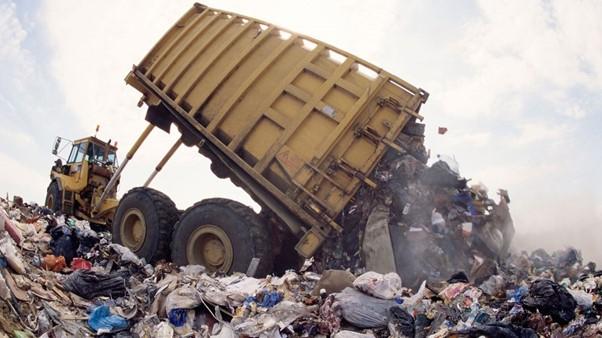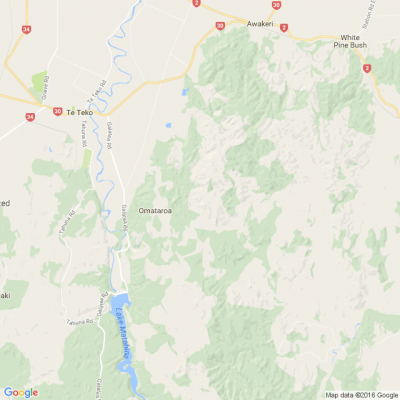Why Clothes Are So Hard to Recycle
Fast fashion is leading to a mountain of clothing being thrown away each year and has a huge impact on the environment, so can we turn our unwanted garments into something useful?
Open your wardrobe and be honest. How long was it since you last wore some of those clothes? Do you think it might be time for a clear out?
Languishing in the back of cupboards and bottom of drawers are outfits that don’t fit any more, items that have gone out of fashion, or even clothes that have never been worn. In fact, according to research conducted by sociologist Sophie Woodward at the University of Manchester, on average 12% of clothes in the wardrobes of women she studied could be considered “inactive”.
If you were brutal, you’ll probably manage to fill a bin-bag or two with clothes you no longer want or need. But what then?
Around 85% of all textiles thrown away in the US – roughly 13 million tonnes in 2017 – are either dumped into landfill or burned. The average American has been estimated to throw away around 37kg of clothes every year. And globally, an estimated 92 million tonnes of textiles waste is created each year and the equivalent to a rubbish truck full of clothes ends up on landfill sites every second. By 2030, we are expected as a whole to be discarding more than 134 million tonnes of textiles a year.
Millions of tonnes of clothing, shoes and other textiles end up in landfill every year because very little is sent for recycling.
“The current fashion system uses high volumes of non-renewable resources, including petroleum, extracted to produce clothes that are often used only for a short period of time, after which the materials are largely lost to landfill or incineration,” says Chetna Prajapati, who studies ways of making sustainable textiles at Loughborough University in the UK.
“This system puts pressure on valuable resources such as water, pollutes the environment and degrades ecosystems in addition to creating societal impacts on a global scale.”
There are good reasons to seek out alternatives to chucking clothes in the bin – globally the fashion industry is responsible for 10% of all greenhouse gas emissions, with textile production alone is estimated to release 1.2 billion tonnes of greenhouse gases into the atmosphere every year. Vast amounts of water are also needed to produce the clothes we wear too and the fashion industry is responsible for 20% of global waste water. (Read more about the impact our fashion addiction has on the planet.)
At the same time we are buying more clothes than ever – the average consumer now buys 60% more clothing than they did 15 years ago. More than two tonnes of clothing are bought each minute in the UK, more than any other country in Europe. Globally, around 56 million tonnes of clothing are bought each year, and this is expected to rise to 93 million tonnes by 2030 and 160 million tonnes by 2050.
Globally just 12% of the material used for clothing ends up being recycled.
Keep reading: www.curtainclean.co.nz...

Light up your life
The Karen Walker Paints collection from Resene will see you sprucing up your home in style with this simple but fun project using your favourite Karen Walker testpot colours. Find out how to create your own with these easy step by step instructions.

The Great Kiwi Quiz is back by popular demand
Grab a copy of your local Stuff newspaper between 1 Jan - 28 Jan and participate in the Great Kiwi Quiz! Test your knowledge, answer the daily New Zealand based questions, and find out how well you know our beautiful country!
Each correct answer will get you one entry into the draw to WIN a Weber® Lumin® BBQ Prize Pack, valued at $1098! Each pack includes: an electric BBQ, a stand with a side table, and a cover. The more answers you enter correctly, the higher your chance of winning. For more information and to submit your answers, click here.
The team at Stuff

Hooked on adventure
Neil’s love for fishing stretches back as far as he can remember. From catching sprats on the farm as a young boy to representing New Zealand on the world stage, it’s always been his passion. These days, as a Bruce McLaren Village resident, Neil finds nothing more enjoyable than casting a line, surrounded by scenic vistas and the melodies of native birds, before releasing his catch back into the water.
An experienced fishing guide, Neil shares his love of fly fishing with his new mate and village neighbour, David. While they met in the village, the pair are often mistaken for lifelong friends. Like Neil, David has always been an active person.
Click read more for the full story.







 Loading…
Loading…



















